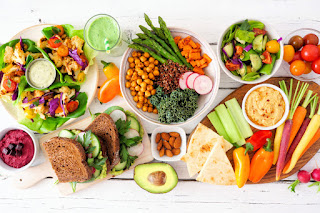Unveiling the Cruel Reality of Factory Farming
Factory farming, touted for its efficiency in meeting the world's growing demand for food, harbors a dark reality steeped in cruelty and ethical concerns. This system, designed for mass production, often neglects the welfare of animals, leading to a litany of issues that raise moral and environmental questions.
One of the most distressing aspects of Factory farming cruelty is the confinement of animals in extremely tight spaces. Pigs, chickens, and cows are often crammed into small cages or pens, unable to express natural behaviors or move freely. This confinement not
only causes immense stress and suffering but also fosters an environment ripe
for the spread of diseases, necessitating the use of antibiotics as a quick fix, contributing to antibiotic resistance in humans.
The conditions in which these animals are raised are far from
humane. Practices like debeaking chickens, docking pigs' tails, and other forms
of mutilation are routine, done without anesthesia and solely to prevent
aggression or injuries caused by stress-induced behavior.
The selective breeding of animals for rapid growth or increased egg and milk production
results in serious health issues. Chickens bred for rapid growth often suffer from skeletal problems, struggling to support their unnaturally heavy bodies. Dairy cows, continuously milked and genetically manipulated, endure chronic udder infections and reproductive issues.
Factory farming cruelty also exerts a substantial toll on the environment. Enormous amounts of waste generated by these operations pollute waterways and release harmful gases like methane, contributing significantly to climate change.
Fortunately, there's a growing movement advocating for change.
Consumers increasingly seek ethically sourced food, leading to a rise in demand
for products labeled as organic, free-range, or cruelty-free. Moreover,
legislative initiatives are being proposed to improve animal welfare standards,
though implementation and enforcement remain a challenge.
Individual actions, such as reducing meat consumption or choosing products from more humane farming practices, can contribute to a shift in the industry. Supporting local farmers
who prioritize animal welfare and sustainability is another impactful way to promote change.
The true cost of factory farming goes beyond the price tag on products. It encompasses the
suffering of living beings, environmental degradation, and the ethical implications of our food choices. As awareness grows and voices advocating for change amplify, there's hope for a future where the food industry balances production with compassion and sustainability.





Comments
Post a Comment